Indian English literature is the body of work composed of English-language writings by Indian authors. These wide fields of literature’s origins date back to British colonialism. The discipline began to take a more firm shape after India gained its independence and expanded to such an extent that English literature critics and academics, both domestically and internationally, believe it is a worthwhile area of study and inquiry. It was Tagore, Sri Aurobindo, R.K. Narayan, and Raja Rao, to mention a few, who started the English writing tradition. Several contemporary writers are carrying on this heritage in the present era, making Indian English literature a widely discussed subject worldwide.
The British brought the language of English to India. In order to prepare individuals for employment under them, they instituted the language in educational institutions. This served as a springboard, and Indian authors easily utilised it as a means of insurrection against the British. Indian authors persisted in writing in English after achieving independence in order to attract readers throughout the world. The English-language masterpieces written by Indian authors have an Indian flavour and twist since they choose themes, styles, and word choices based on their personal experiences and backgrounds rather than mimicking the writings of English writers.
Indian English literature concentrates on themes based on industrialization, modernization, and many other events and revolutions that they have observed. Our rich cultural and mythological past has also been covered in their works. Indian English writers have written about a variety of current events and fashions. Through their writings, marginalised individuals have given shape to their experiences of marginalisation and oppression, while feminist writers have written to empower women and expose patriarchal ideologies.
The goal of this book is to discuss each of these various facets of Indian English writings. Themes like mythology, nature, culture, spiritualism, identity, empowerment, caste, prejudice, and oppression are among its main concerns. The writers have chosen texts from the rich and diverse canon of Indian English literature, and they have employed a variety of literary concepts and theories for evaluating them. Every chapter introduces the reader to a brand-new perspective and angle of analysis.

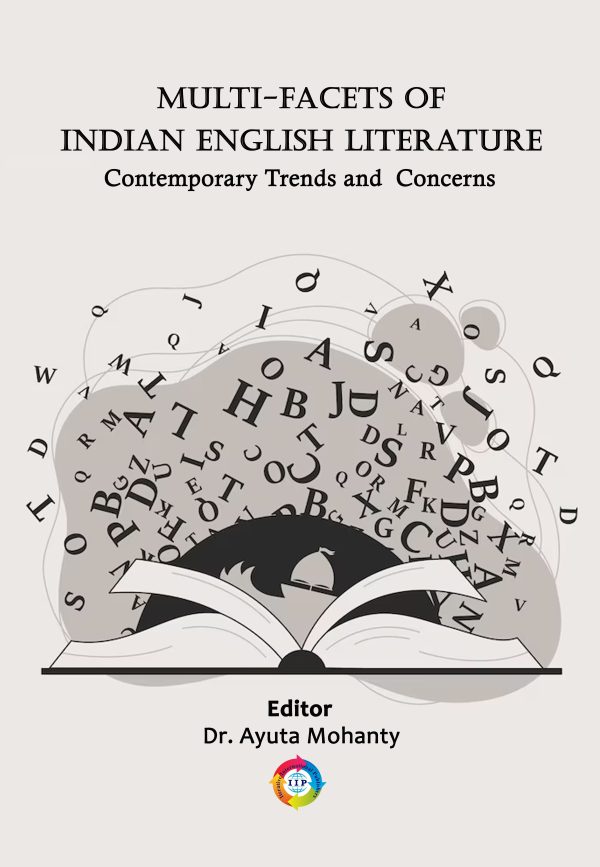
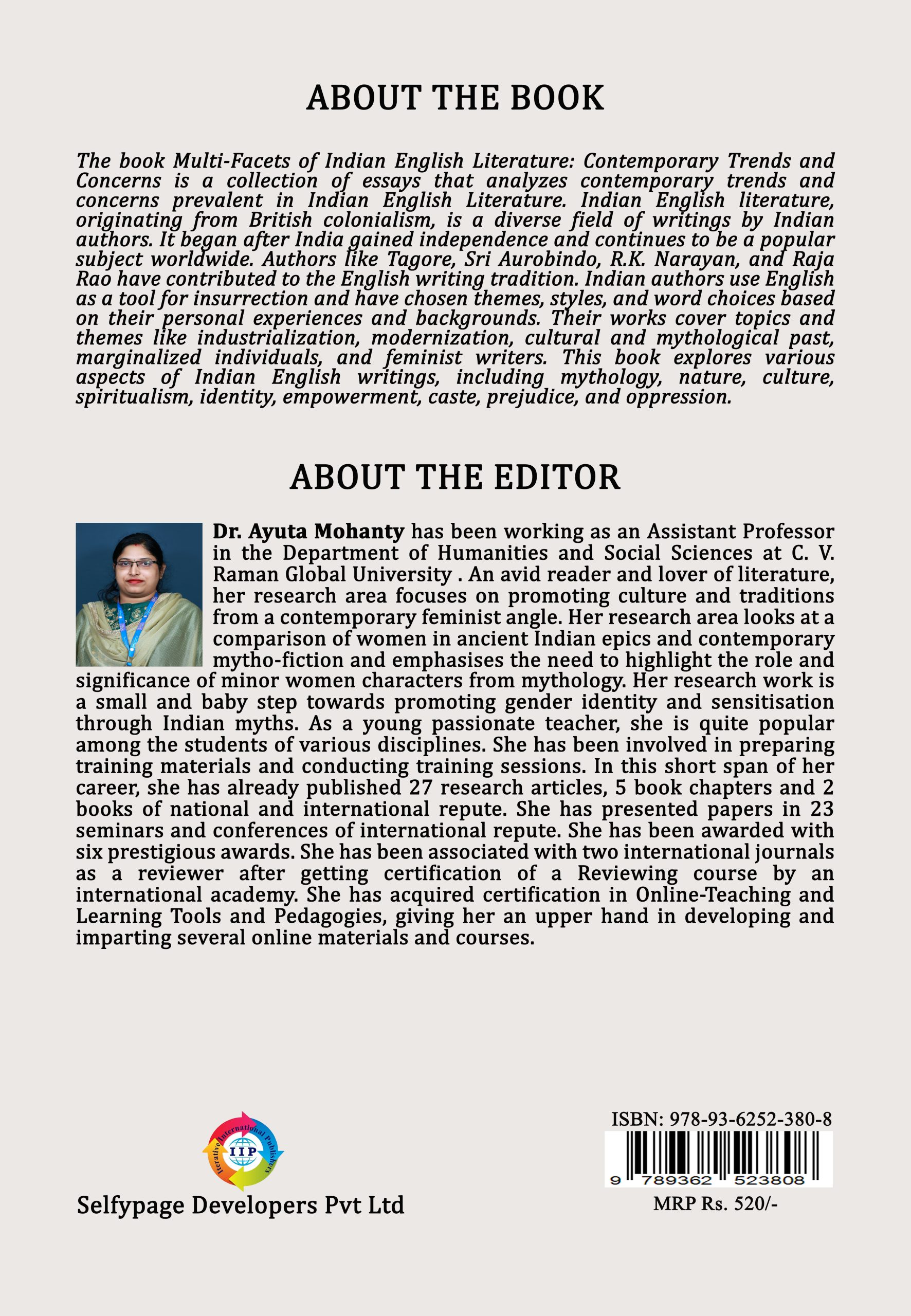
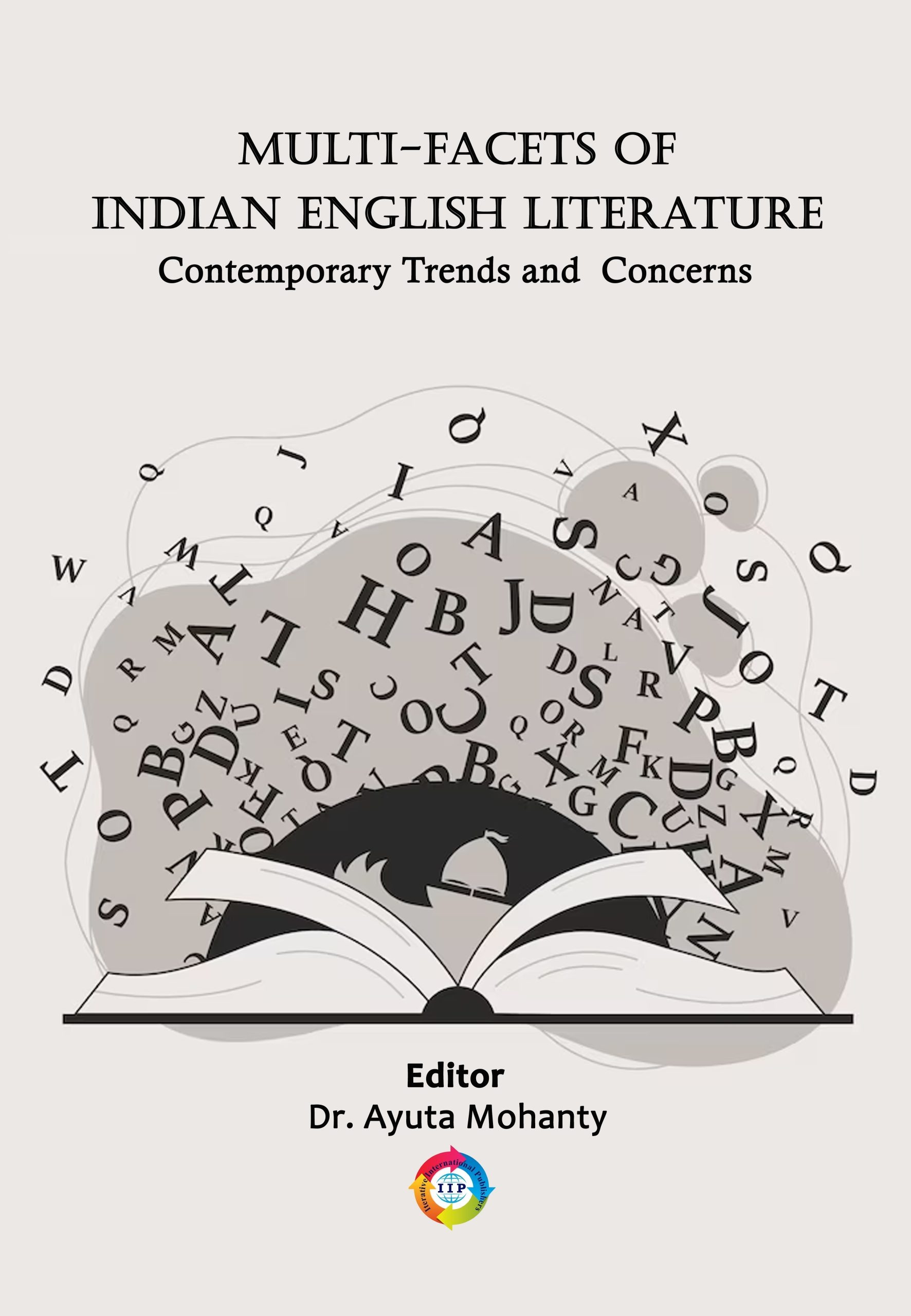
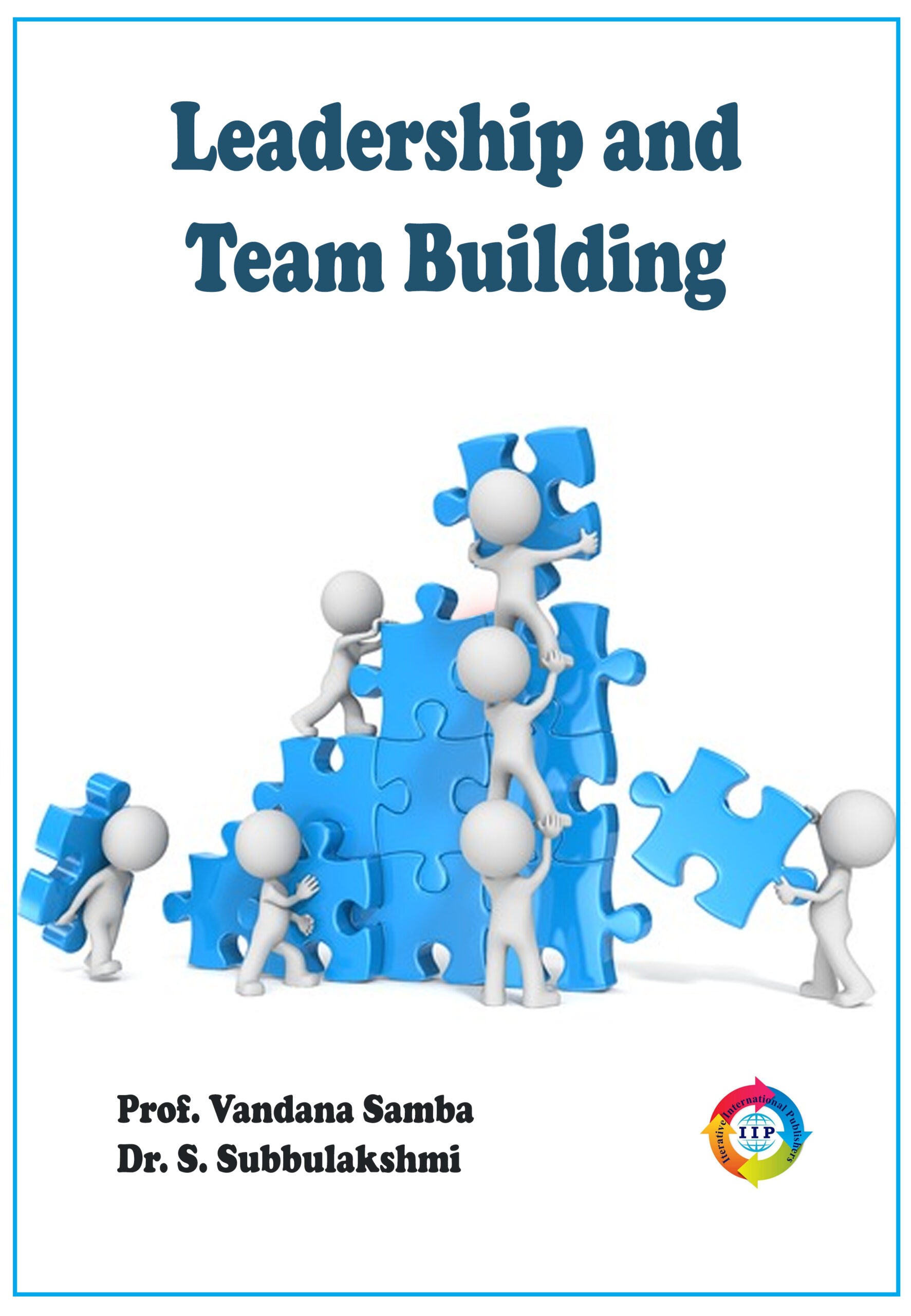
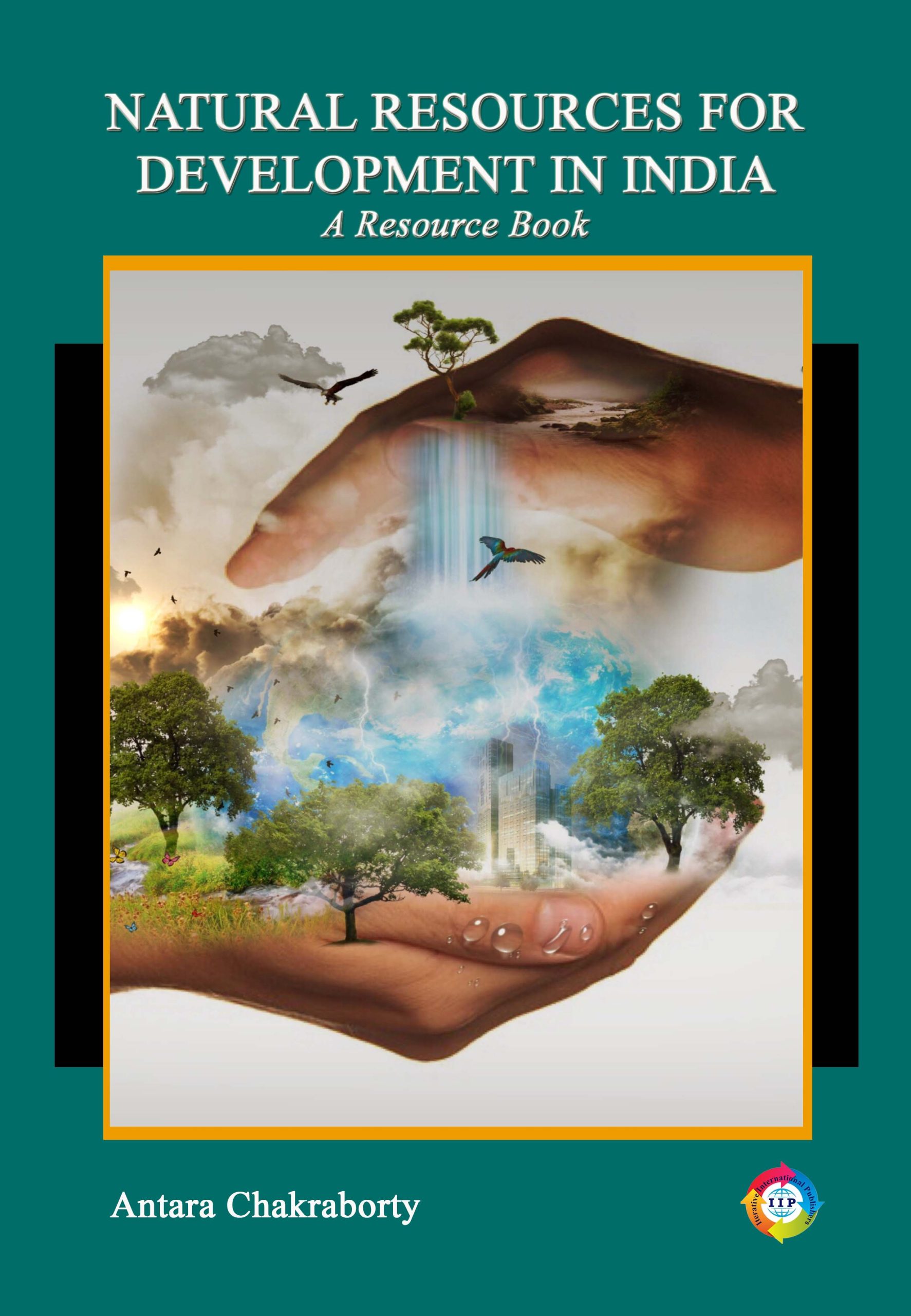




Reviews
There are no reviews yet.